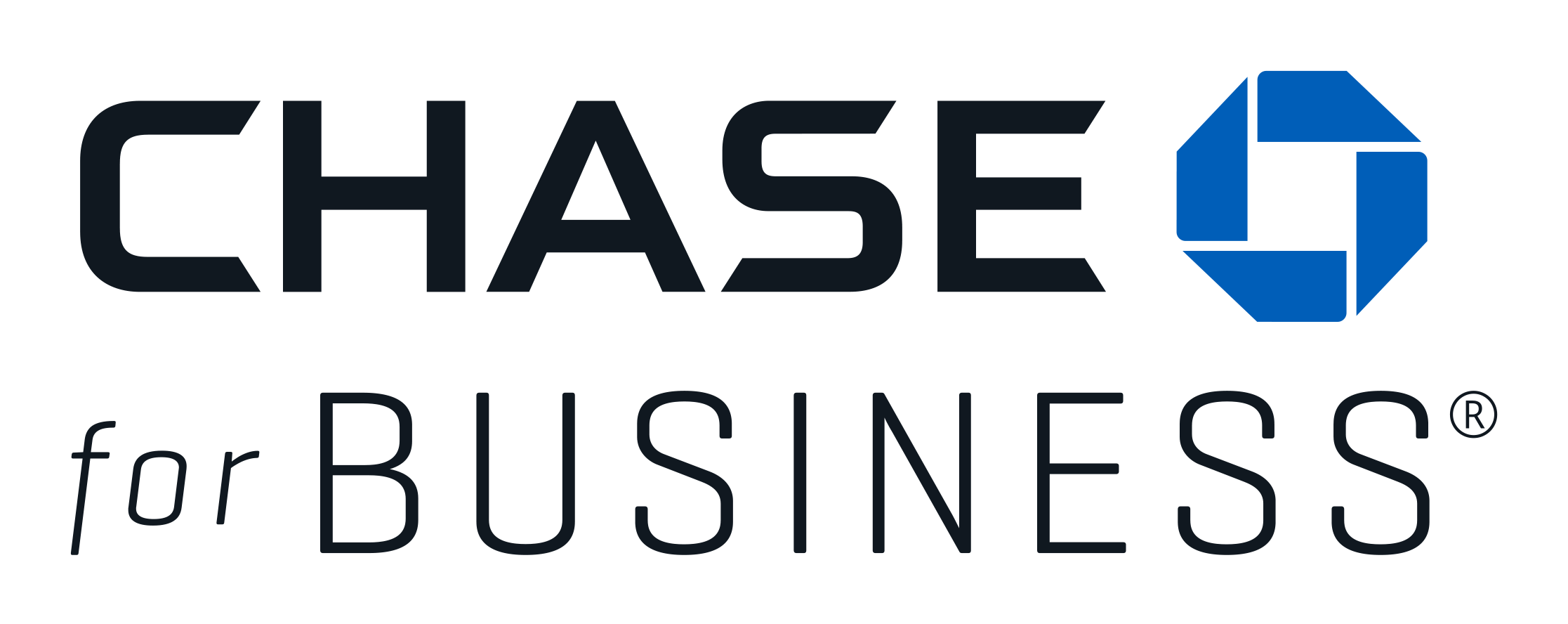Subscribe
"Unlock exclusive insights and elevate your financial wisdom with NetWorth.com — subscribe now to stay ahead in the wealth game!"

Running a small business in Florida requires smart financial decisions, starting with choosing the right bank. From managing cash flow to securing funding, the right banking partner can make all the difference.
Florida offers a wide range of options, from national banks with robust digital tools to community banks that understand local business needs. The best banks combine low fees, flexible services, and reliable support. In this guide, we’ve reviewed the top banks in Florida for small businesses. Keep reading to find the one that aligns best with your goals.
When identifying the top banks for small businesses in Florida, we considered several factors. These included the fees associated with maintaining an account, the minimum balances needed to avoid these fees, and any extra charges linked to using the bank’s diverse services.
We also evaluated the interest rate incentives available for new sign-ups. Given the importance of digital access, finding banks that offer robust mobile banking services was also essential.






When selecting the best banks for small businesses in Florida, we considered multiple aspects crucial for opening and managing a business bank account effectively. Here are the key factors that guided our decisions:
To open an LLC bank account in Florida, you will need your business’s operating agreement and articles of organization. Additionally, you must provide a form of identification to prove your residency in the state and an employer identification number (EIN) for tax purposes. Once you have these documents ready, setting up your account should be a quick process.
Yes, opening a bank account with an EIN (Employer Identification Number) is advisable. Any business with employees needs an EIN for tax purposes, and banks typically require this number when setting up your account.
If you’re the sole employee, consider using your Social Security Number (SSN) instead. However, using an SSN instead of an EIN can complicate the separation between your personal and business finances.
Many banks in Florida require proof of residency within the state before you can open an account. However, you can bypass this requirement by opting for an online-only bank account, which can be managed from anywhere, regardless of your current location.
It’s prudent to set aside at least six months’ worth of operating expenses as a financial cushion in case of any unexpected setbacks in your business operations. This reserve will provide you with a safety net to help you manage through any downturns. Additionally, if feasible, consider saving at least 10% of your monthly profits to increase this emergency fund steadily.
Business bank accounts are essential for small businesses looking to effectively manage their finances and keep track of debits and credits. The top banks for small businesses in Florida offer low fees and provide convenient money transfer options to ensure your suppliers are paid promptly. These banks offer all the necessary tools to help your Florida-based company achieve its financial objectives.
>> Best Business Banking at Florida Overall – Bluevine >>